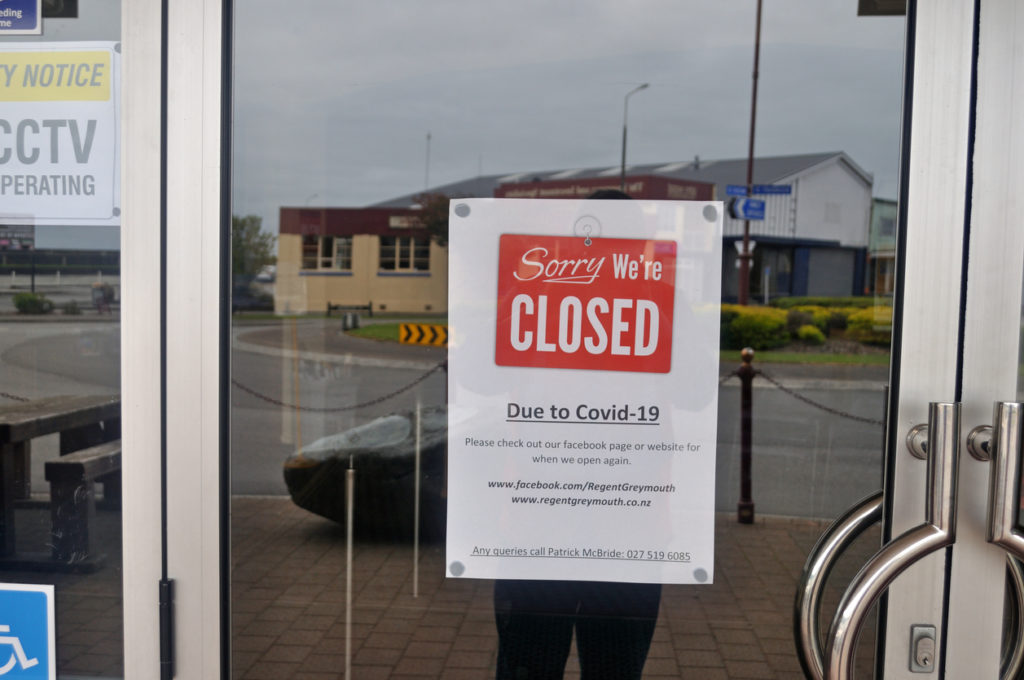Boris Johnson says all remaining Covid restrictions in England could be removed a month early as cases and hospitalisation rates continue to fall.
In Prime Minister’s Questions, Johnson said he would outline the government’s strategy for living with Covid after MPs returned from parliamentary recess on February 21.
“Provided the current encouraging trends in the data continue, it is my expectation that we will be able to end the last domestic restrictions – including the legal requirement to self-isolate if you test positive – a full month early.”
Cases have been falling across the UK in recent weeks, following a wave of cases due to the Omicron variant. In the last seven days, 509, 454 people tested positive for Covid – a 20.2% fall from the previous week. Weekly hospitalisation rates are also down by 10.1%.


Current restrictions in England are due to expire on March 24. Under current government guidelines, any member of the public who tests positive must still self-isolate for a minimum of five days.
In today’s Downing Street lobby briefing, the prime minister’s spokesperson said the decision to remove restrictions a month early would be dependent on “if the encouraging trends in the data continue”.
Downing Street confirmed under the proposed new guidance, people would still be discouraged from attending work or social events with Covid, despite removing the legal restrictions forcing them to self-isolate.
Pressed on the scientific basis for the government’s proposed course of action, the PM’s spokesperson emphasised the need to move into the next phase of living with Covid in the long-term, adding the government could move quicker “because of the success of our vaccination programmes”.
Number 10 said: “To be clear, we’re not saying Isolation is pointless, we would expect anyone with an infectious disease to take steps to not spread that disease further.”
Earlier today, care and mental health minister Gillian Keegan had to apologise for attending a meeting following a positive Covid test.
Keegan described the decision as an “error of judgement”, saying she wanted to “be upfront about what happened and to apologise for the mistake I made”.

